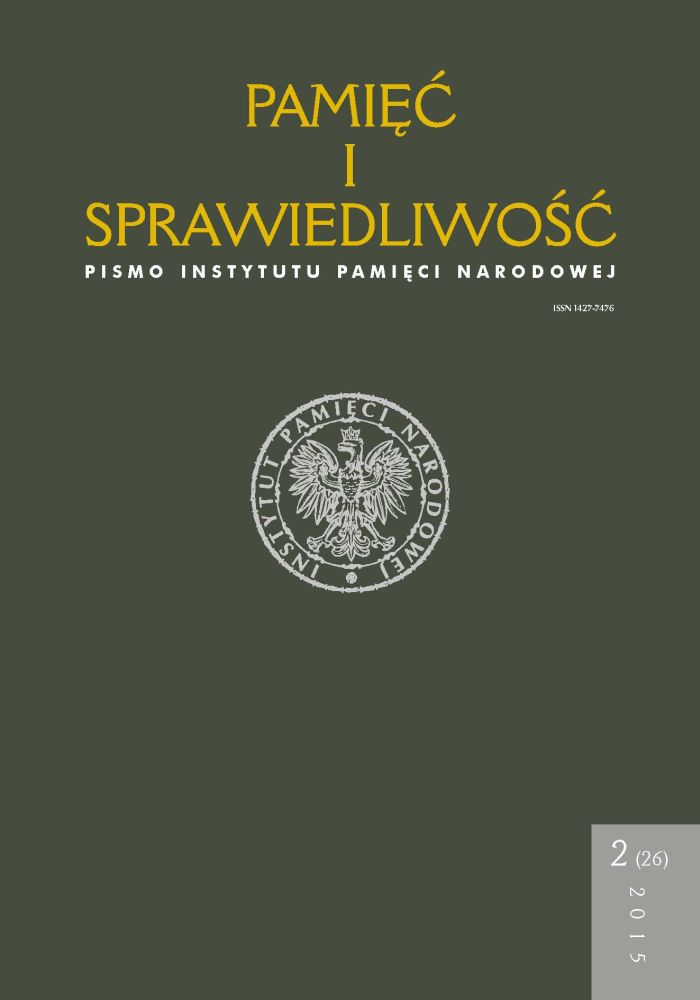Manipulacje i fałszerstwa wyborcze w wyborach do Sejmu PRL (1952–1985)
Manipulations and forgery in elections for the Sejm of the People’s Republic of Poland (1952–1985)
Author(s): Michał SiedziakoSubject(s): Political history, Social history, Post-War period (1950 - 1989)
Published by: Instytut Pamięci Narodowej
Keywords: The Sejm of People’s Republic of Poland; elections; political system of People’s Republic of Poland; Polish United Workers’ Party
Summary/Abstract: In communist Poland, elections to representative bodies were carried out regularly, having nothing to do with democratic procedures of selecting the political representation of the society. Voters had practically no choice. People voted for one electoral list whose cast remained under full control of the Communist Party. The authorities put great emphasis on voting with “crossing no-one”, allowing the entry to the Parliament to the candidates listed on the district electoral lists at the so-called mandate places and collective participation in the elections. Most Poles succumbed to the pressure. Reaching nearly 100% voter turnout, as usually was the case in the officially announcements of the National Electoral Commission (except for 1985), was not possible, though, without the use of all sorts of manipulation and falsification. These included i.a. the refusal to register independent electoral lists (through the full control over the election commissions conducting the voting), huge pressure on votes with “crossing no-one” (classified as votes valid for the names of the so-called mandate place), reducing the number of those entitled to vote (i.a. by issuing bogus certificates of the right to vote outside the place of residence and plotting voter lists), enabling “replacement” voting, falsifying the election documents. Applying these practices enabled the Polish United Workers’ Party to exercise full control over the composition of the People’s Republic of Poland Sejm, which was the “supreme body of state power” only nominally, and actually obediently implemented the decisions of the party leadership. The large variety and scale of manipulation and forgery used in the elections to the People’s Republic of Poland’s Sejm makes it practically impossible today to restore their real results. Their official results obviously cannot be regarded as an expression of political views of the citizens.
Journal: Pamięć i Sprawiedliwość.
- Issue Year: 27/2016
- Issue No: 1
- Page Range: 112-139
- Page Count: 28
- Language: Polish

